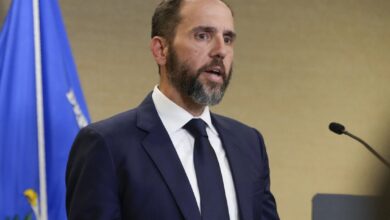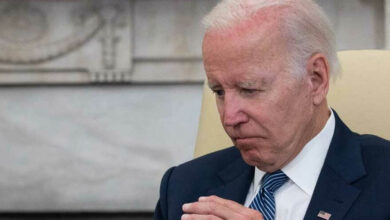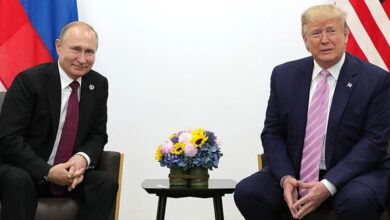François Bayrou: Macron’s Gambit to Resolve France’s Government Stalemate
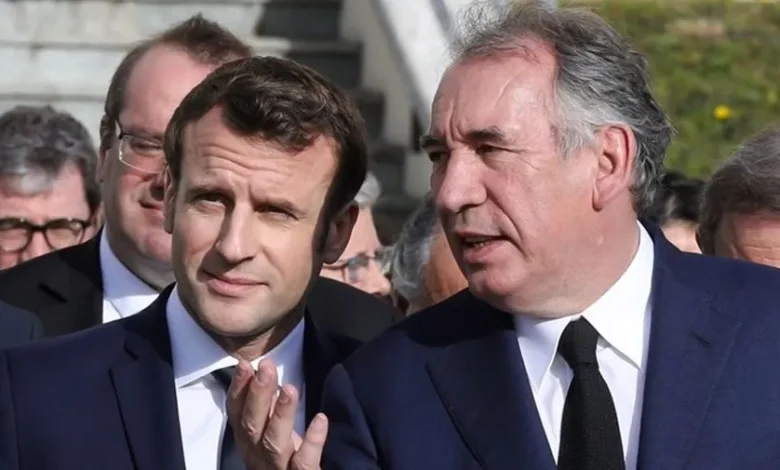
In an effort to navigate France out of its ongoing political deadlock, President Emmanuel Macron has enlisted François Bayrou, a seasoned centrist and respected political figure, to take the reins as prime minister. This appointment, announced amidst growing public frustration and a stagnant National Assembly, signals Macron’s attempt to stabilize his government and advance critical reforms.
A Crisis in Governance
France’s government has been ensnared in a legislative impasse since the 2022 parliamentary elections. The National Assembly remains fractured into three dominant blocs: Macron’s centrist coalition, the left-wing NUPES alliance, and the far-right Rassemblement National. With no single bloc holding a majority, the legislature has struggled to pass significant legislation, leaving key reforms in limbo.
Michel Barnier, Bayrou’s predecessor, was unable to bridge the political divides. His tenure highlighted the challenges of governing in a deeply polarized parliament, where compromise has proven elusive. As Barnier stepped down, citing the untenable conditions, Macron turned to Bayrou, hoping his experience and reputation could achieve what others could not.
Bayrou’s Credentials and Challenges
François Bayrou, leader of the centrist MoDem party and a veteran of French politics, brings decades of experience to the role. Widely respected across the political spectrum, Bayrou has been a key ally of Macron since the president’s rise to power. His deep understanding of France’s political landscape and his reputation for pragmatism are seen as assets in these turbulent times.
However, Bayrou inherits the same structural challenges that stymied Barnier. The National Assembly’s composition remains unchanged, with no elections scheduled until July 2025. The three-bloc system leaves little room for maneuver, and any attempt at forming alliances or securing cross-party support will require delicate negotiation and concessions that could alienate parts of Macron’s base.
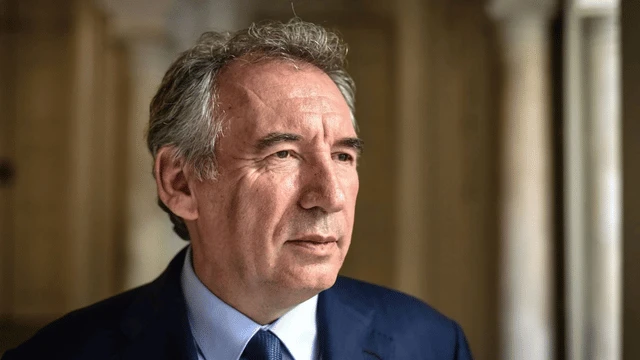
A Tough Road Ahead
Political analysts remain skeptical about Bayrou’s chances of success. While his reputation as a conciliatory figure may help initiate dialogue, the entrenched positions of the opposition blocs present significant obstacles. The left-wing NUPES has been vocal in its criticism of Macron’s economic policies, while the Rassemblement National has focused on opposing immigration reforms and asserting nationalist priorities. With such stark ideological divides, finding common ground appears daunting.
Adding to the complexity is growing public discontent. Strikes and protests over issues ranging from pension reform to climate policies have further strained the government’s credibility. Any misstep by Bayrou could exacerbate tensions and weaken the administration’s already fragile standing.
A Test for Macron’s Presidency
For President Macron, Bayrou’s appointment represents a high-stakes gamble. Should Bayrou succeed, it would bolster Macron’s leadership and restore some functionality to the government. Failure, however, could deepen the crisis and further erode confidence in Macron’s ability to lead.
As Bayrou assumes office, all eyes will be on his strategy for navigating the treacherous political terrain. Will his experience and moderate stance be enough to forge consensus? Or will he, like his predecessor, find himself ensnared by the very divisions he seeks to mend?
Only time will tell if François Bayrou can deliver the stability France so desperately needs.

